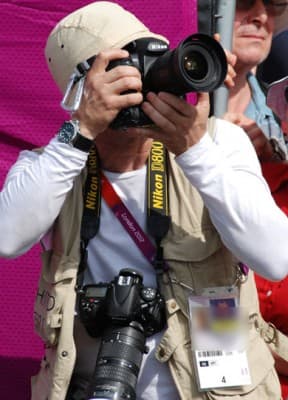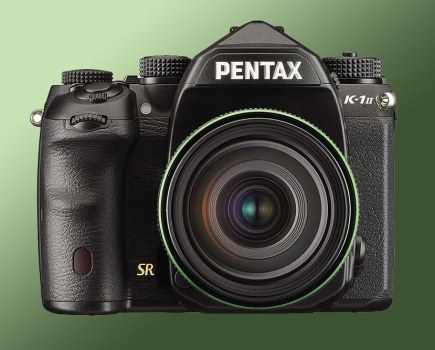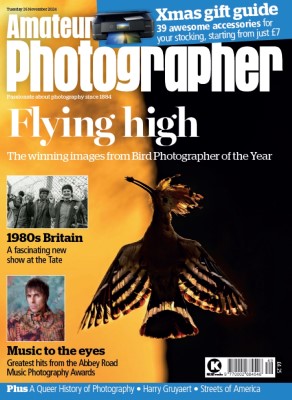Last weekend, at a union meeting in Newcastle, press photographers felt a need to stress to their journalism colleagues that not all photojournalists are ‘paparazzi’, amid concerns over their portrayal in the wider media.
The move came after last month’s publication of holiday snaps of a semi-naked Kate Middleton that are alleged to have breached French privacy laws.
Though the controversial images were not published in the UK, how damaging has the storm been to photographers everywhere?
‘It is not photographers who are damaged, it is society,’ asserts John Toner, Freelance organiser at the NUJ who points out that the alleged privacy breach relates to decisions over publication of the photos.
Privacy law danger
Toner adds that the issue reflects ‘a resistible rise of salacious celebrity pictures’ and a thirst by those publishers who ‘can always find a budget for such inconsequential drivel’.
‘We deserve better than the title-tattle that publishers want to feed us,’ he adds.
Neither does the Bureau of Freelance Photographers (BFP) foresee any long-term harm to the reputation of photographers themselves, amateur nor professional.
That said, BFP chief executive John Tracy fears the Kate issue has increased calls for a UK privacy law that is ‘only likely to make it more difficult for photographers taking the most innocuous of shots’.
Though the Kate images were not printed by UK publishers, there is clearly still a clamour for celebrity photos in this country, according to Easy Living magazine editor Deborah Joseph who this week tells MediaGuardian: ‘When we do research, people say they don’t want too much celebrity, but if you don’t put a celebrity on your cover, your sales drop’.
Royal Photographic Society director general Michael Pritchard accepts that publication of the Kate images reflects a ‘public appetite’ for such pictures.
Though Pritchard does not believe the images were in the public interest – because Kate was on holiday with her husband in a ‘private space’ – neither does he feel they should be banned.
Rather, he says, ‘editors and publishers need to be mindful that the subject could seek redress’ [under Article 8 of the European Convention on Human Rights, for example].
He urges courts to levy ‘high fines’ on publishers – and make editors ‘personally responsible’ – to make them think twice before publication.
However, Pritchard applauds the British press for resisting publication of the Kate pictures ‘post-Leveson’.
Online publication
‘We have seen a restraint – some might call it self-censorship – from the British press that would not have been the case ten years ago,’ he tells AP.
And he believes such restrictions on publication of private images should continue, even though they may be widely available on the internet for all to see.
‘The internet has changed things but just because the images are available on the net should not be a pretext to remove a right to privacy within the UK media.’
Toner says the Kate furore highlights a wider problem of a worrying change in attitudes, away from serious press photography.
‘We are all aware that many newspapers and magazines will no longer commission photographers to cover stories of national and/or international importance.
‘Photographers who want to report on events that are genuinely in the public interest have to find their own funding.’
The French edition of Closer, which was the first magazine to publish the controversial images of Kate Middleton, failed to respond to numerous emailed requests for comment.
The news comes amid the demise of one of the world’s largest celebrity agencies, Big Pictures.
Australian photographer Darryn Lyons, who founded the agency 20 years ago, reportedly told the Herald Sun newspaper that ‘the paparazzi business has changed so dramatically’.

Picture credit: C Cheesman









